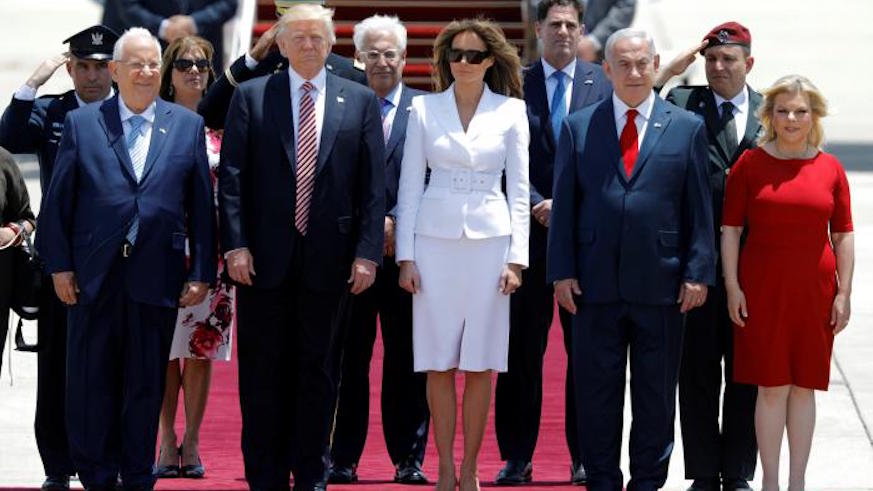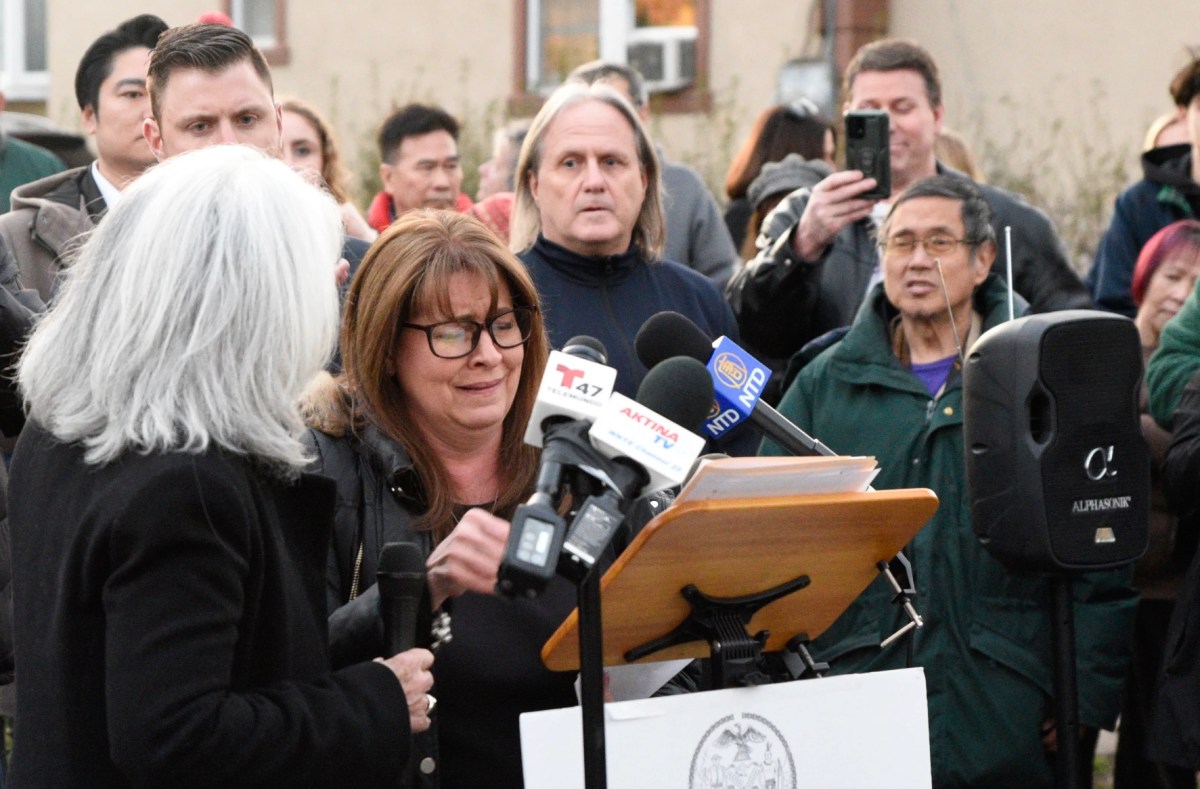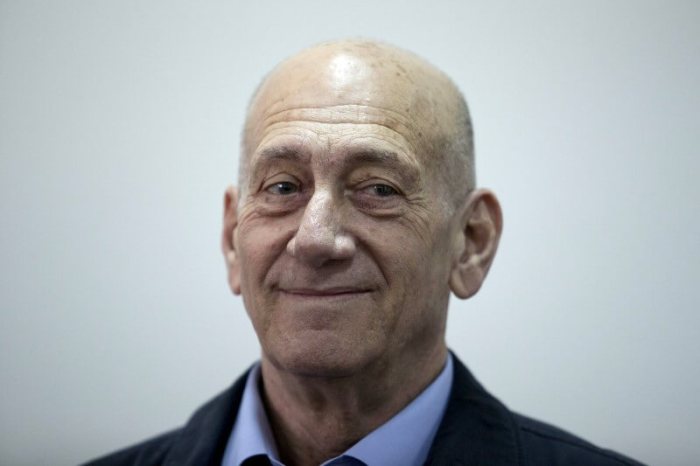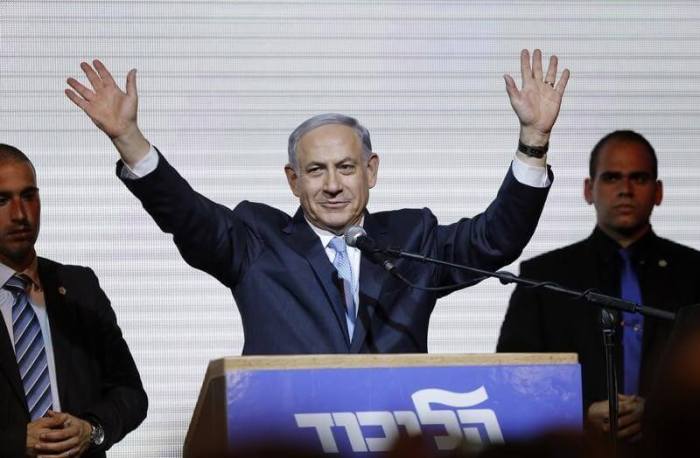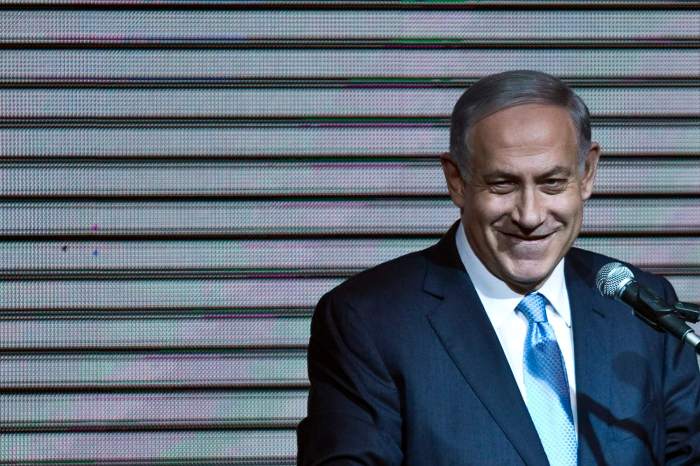Monday’s move of the U.S. embassy in Israel from Tel Aviv to Jerusalem was followed by unrest, with dozens dying in violent demonstrations in Gaza. It again spotlights the tenuous relationship Israel has to its neighbors, and along with Trump’s withdrawal from the Iran nuclear deal, it has analysts speculating about the likelihood of another war in the region. There has been much discussion of Iran’s nuclear capability, but what is Israel’s? Does Israel have nukes at all?
Does Israel have nukes?
Israel is generally believed to possess nuclear weapons, although officials have never confirmed it, nor have they admitted testing. “Israel has not publicly conducted a nuclear test, does not admit or deny having nuclear weapons, and states that it will not be the first to introduce nuclear weapons in the Middle East,” says the Arms Control Association.
For decades, the United States never confirmed it either, but “for many years, scholars and other experts have estimated that Israel has at least 100 to 200 bombs, possibly more,” wrote William Greider in The Nation in 2015. The Arms Control Association says that as of March 2018, Israel has about 80 nuclear warheads, with fissile material for 200 more.
How is that kind of secrecy possible? Israel didn’t sign the 1970 Nuclear Non-Proliferation Treaty, in which most of the world agreed not to develop further nuclear weapons, so the country is not subject to inspections. According to the Washington Post, a don’t-ask-don’t-tell agreement was struck between President Nixon and Israeli Prime Minister Golda Meir in a secret September 1969 meeting, which “set what has been Israel’s unofficial policy ever since: one in which the country does nothing to publicly acknowledge or demonstrate its nuclear weapons program, and in exchange the United States would accept it,” the Post says. “The Nixon administration had concluded that, while it didn’t like the Israeli weapons program, it also wasn’t prepared to stop it. The Cold War had polarized the Middle East, a region where Soviet influence was growing and where Israel — along with Iran — were scarce American allies.”
“Essentially the bargain has been that Israel keeps its nuclear deterrent deep in the basement and Washington keeps its critique locked in the closet,” says Robert Satloff, executive director of the Washington Institute for Near East Policy.
But critics say that to ensure peace in the region, Israel’s nuclear program will have to be discussed soon. “At some point, for its own security, Israel will have to take the bombs out of the basement and put them on the negotiating table,” Joe Cirincione, president of the nuclear nonproliferation-focused Ploughshares Fund, told the “Post.”

